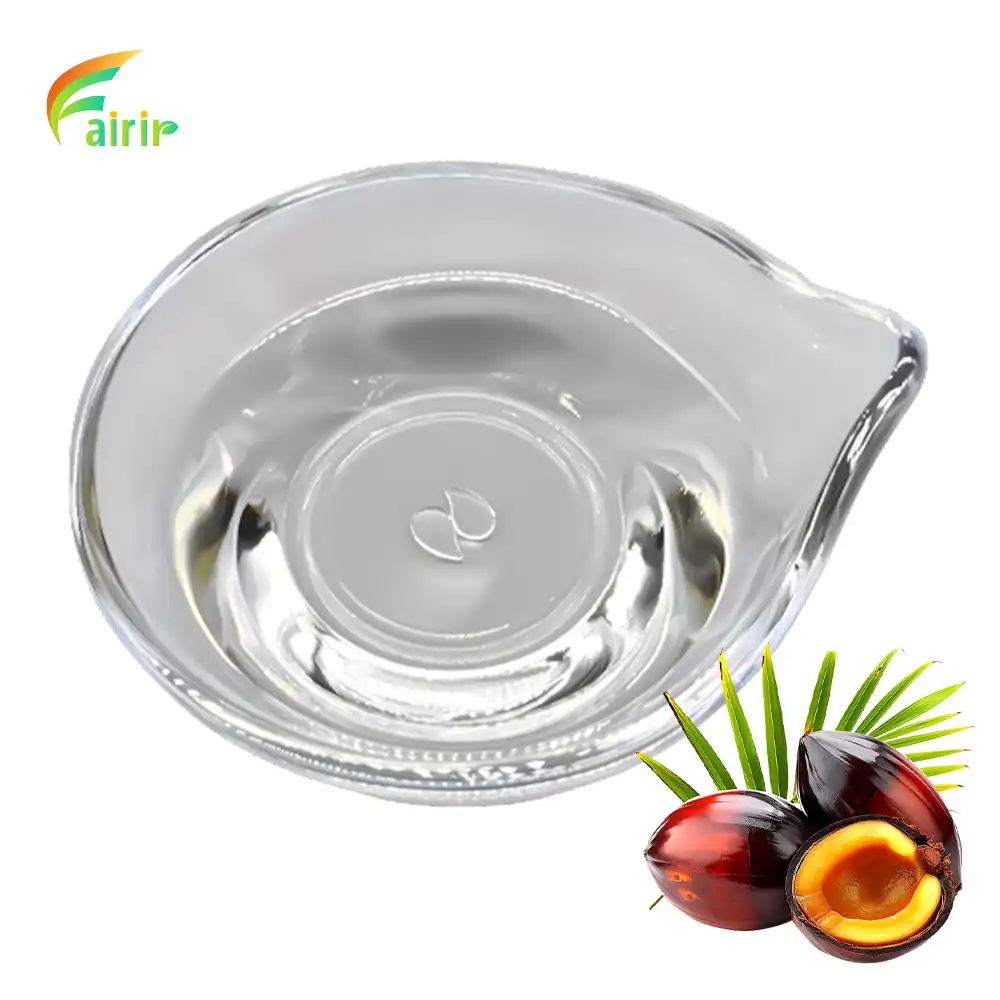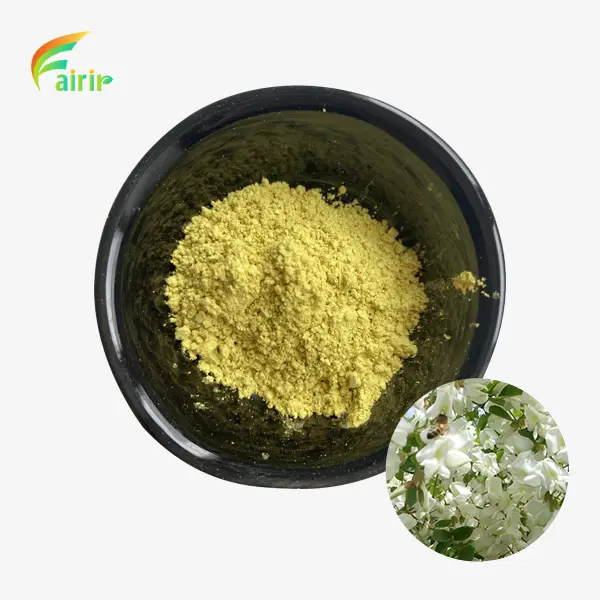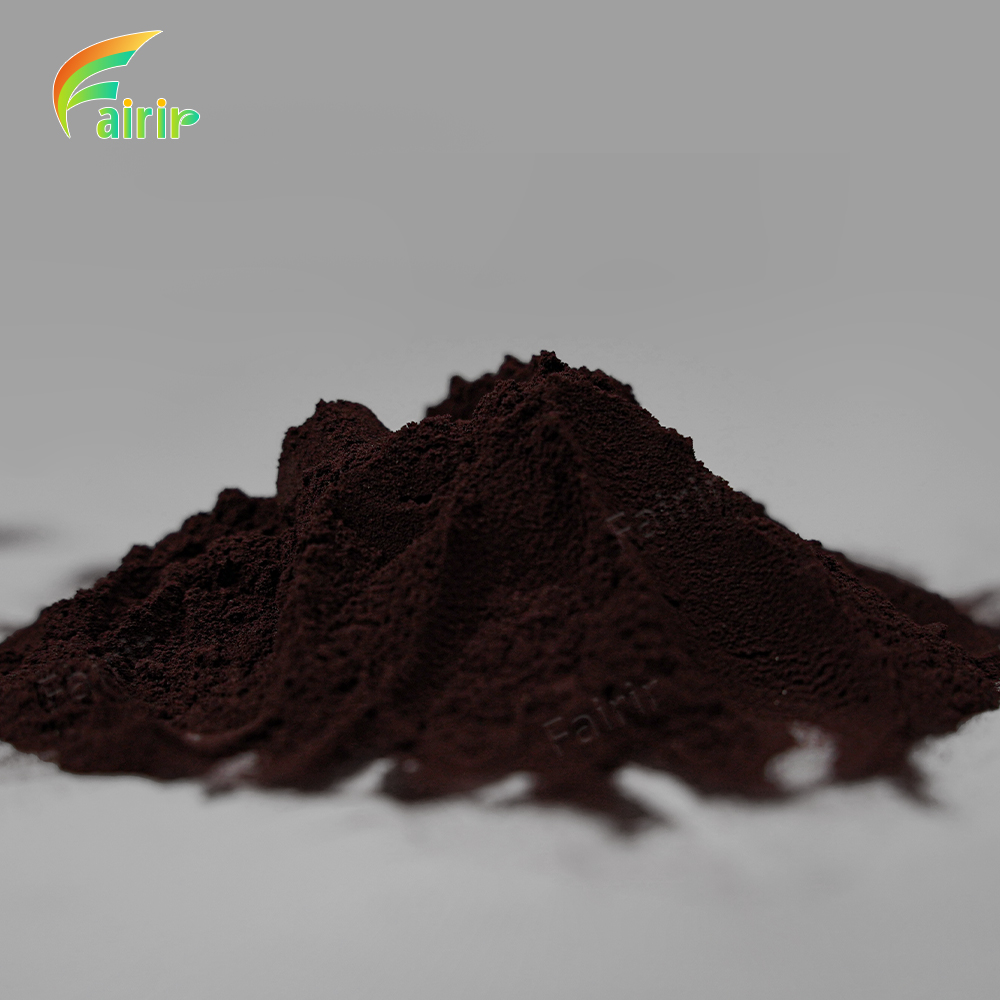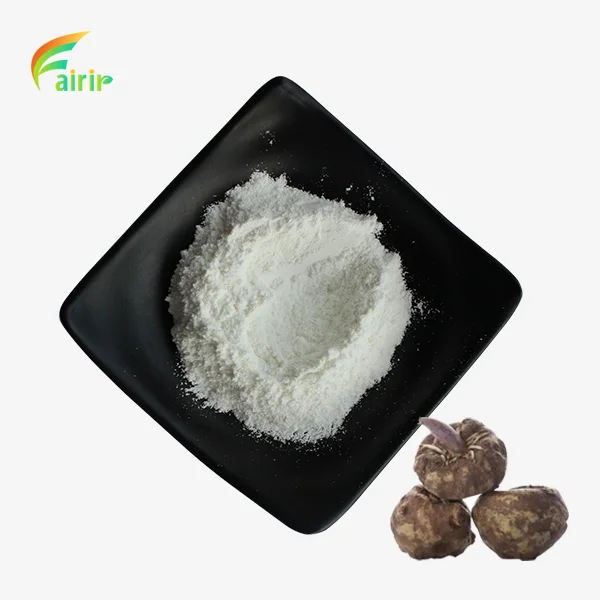Squalane oil in skincare: benefits for hydration and elasticity
Squalane oil has emerged as a powerhouse ingredient in the skincare industry, revolutionizing the way we approach hydration and skin elasticity. This remarkable oil, derived from sustainable plant sources, closely mimics the natural sebum produced by our skin, making it an ideal choice for all skin types. Its lightweight texture and exceptional compatibility with human skin have made it a favorite among skincare enthusiasts and professionals alike. Squalane oil's ability to deeply moisturize without clogging pores, coupled with its potent antioxidant properties, offers a myriad of benefits for skin health. From reinforcing the skin barrier to improving moisture retention and enhancing skin elasticity, squalane oil has proven to be a versatile and effective solution for various skincare concerns. In this blog, we'll delve into the science behind squalane oil and explore how it can transform your skincare routine, providing lasting hydration and promoting youthful, supple skin.

How Squalane Oil Reinforces Skin Barrier and Improves Moisture Retention
Strengthening the Skin's Natural Defense
Squalane oil plays a crucial role in reinforcing the skin's natural barrier function. This lightweight oil forms a protective layer on the skin's surface, effectively sealing in moisture and preventing transepidermal water loss (TEWL). By doing so, squalane oil helps maintain the skin's optimal hydration levels, ensuring it remains plump and well-nourished. The molecular structure of squalane oil closely resembles that of our skin's natural lipids, allowing it to integrate seamlessly into the skin barrier. This integration not only strengthens the skin's defense against environmental stressors but also enhances its ability to retain essential moisture, leading to a more resilient and healthier complexion over time.
Enhancing Hydration at a Cellular Level
One of the most remarkable properties of squalane oil is its ability to penetrate deep into the skin, providing hydration at a cellular level. Unlike heavier oils that may sit on the surface, squalane oil's lightweight nature allows it to be readily absorbed, delivering moisture to the deeper layers of the skin. This deep hydration is essential for maintaining skin elasticity and preventing the formation of fine lines and wrinkles. By keeping skin cells well-hydrated, squalane oil promotes optimal cellular function, which is crucial for skin repair and regeneration processes. The result is skin that not only feels more hydrated but also appears plumper and more radiant from within.
Balancing Oil Production
Squalane oil has a unique ability to balance the skin's natural oil production, making it beneficial for both dry and oily skin types. For dry skin, squalane oil provides much-needed hydration without leaving a heavy or greasy residue. On the other hand, for oily or acne-prone skin, squalane oil can help regulate sebum production by signaling to the skin that it's adequately moisturized. This balancing act helps prevent the overproduction of oil, which can lead to clogged pores and breakouts. By maintaining this delicate balance, squalane oil ensures that the skin remains hydrated and healthy without compromising its natural moisture retention capabilities, making it an excellent choice for improving overall skin health and appearance.

Squalane Oil's Role in Enhancing Skin Elasticity and Minimizing Fine Lines
Promoting Collagen Production
Squalane oil plays a significant role in enhancing skin elasticity by promoting collagen production. Collagen is a vital protein that gives skin its structure and firmness. As we age, collagen production naturally decreases, leading to the formation of fine lines and wrinkles. Squalane oil helps counteract this process by creating an optimal environment for collagen synthesis. The oil's antioxidant properties protect existing collagen fibers from damage caused by free radicals, while its hydrating effects provide the necessary moisture for efficient collagen production. By supporting the skin's natural collagen-building processes, squalane oil helps maintain skin elasticity, resulting in a more youthful and supple appearance over time.
Reducing the Appearance of Fine Lines
One of the most sought-after benefits of squalane oil is its ability to minimize the appearance of fine lines and wrinkles. This effect is achieved through multiple mechanisms. Firstly, the deep hydration provided by squalane oil plumps up the skin, temporarily filling in fine lines and making them less noticeable. Secondly, the oil's emollient properties help smooth the skin's surface, creating a more even texture that reflects light better, further reducing the visibility of fine lines. Additionally, squalane oil's antioxidant content helps protect the skin from oxidative stress, which is a major contributor to premature aging. By combating these factors, squalane oil not only addresses existing signs of aging but also helps prevent the formation of new fine lines, contributing to a more youthful complexion overall.
Improving Skin Texture and Tone
Squalane oil's benefits extend beyond hydration and elasticity to include improvements in overall skin texture and tone. The oil's lightweight nature allows it to penetrate deeply into the skin, where it can help regulate cell turnover and promote a more even skin tone. This process helps to fade dark spots and hyperpigmentation over time, resulting in a more uniform complexion. Furthermore, squalane oil's soothing properties can help reduce redness and inflammation, making it particularly beneficial for those with sensitive or reactive skin. By enhancing skin texture and evening out skin tone, squalane oil contributes to a smoother, more radiant appearance, complementing its effects on skin elasticity and fine line reduction for a comprehensive anti-aging approach.
Suitability for All Skin Types: Lightweight Hydration without Pore Blockage
Non-Comedogenic Properties
One of the most remarkable features of squalane oil is its non-comedogenic nature, making it suitable for all skin types, including acne-prone and sensitive skin. Unlike heavier oils that can clog pores and exacerbate acne, squalane oil's molecular structure closely resembles the skin's natural sebum, allowing it to be easily absorbed without leaving a greasy residue or blocking pores. This property is particularly beneficial for those with oily or combination skin who often struggle to find moisturizing products that don't lead to breakouts. Squalane oil provides the necessary hydration without compromising the skin's natural balance, making it an ideal choice for those seeking lightweight yet effective moisturization. Its ability to hydrate without clogging pores ensures that all skin types can benefit from its nourishing properties without the risk of adverse effects.
Gentle and Non-Irritating Formula
Squalane oil is renowned for its gentle and non-irritating nature, making it an excellent choice for those with sensitive or reactive skin. Unlike some other skincare ingredients that may cause irritation or allergic reactions, squalane oil is well-tolerated by most skin types. Its molecular structure is similar to the lipids naturally found in human skin, which minimizes the risk of adverse reactions. This gentleness makes squalane oil an ideal base for various skincare formulations, as it can be combined with other active ingredients without increasing the risk of irritation. For individuals with conditions such as eczema or rosacea, squalane oil can provide much-needed hydration without exacerbating symptoms. The oil's soothing properties can help calm inflammation and reduce redness, contributing to overall skin health and comfort.
Versatility in Skincare Routines
The versatility of squalane oil in skincare routines is unparalleled, making it a valuable addition to any beauty regimen regardless of skin type or concern. Its lightweight texture allows it to be easily incorporated into various steps of a skincare routine without feeling heavy or overwhelming. For those with dry skin, squalane oil can be used as a standalone moisturizer or mixed with other products to boost their hydrating properties. Individuals with oily skin can benefit from using squalane oil as a lightweight moisturizer that won't contribute to excess sebum production. It can also be used as a makeup primer, providing a smooth canvas for application while offering additional skincare benefits. Furthermore, squalane oil's compatibility with other skincare ingredients makes it an excellent carrier for active ingredients like vitamins and antioxidants, enhancing their efficacy and delivery into the skin.
Conclusion
Squalane oil stands out as a versatile and effective ingredient in skincare, offering remarkable benefits for hydration and elasticity across all skin types. Its ability to reinforce the skin barrier, improve moisture retention, and enhance skin elasticity makes it a valuable addition to any skincare routine. The non-comedogenic and gentle nature of squalane oil ensures that even those with sensitive or acne-prone skin can enjoy its benefits without worry. As research continues to unveil its potential, squalane oil is poised to remain a staple in the skincare industry, providing a natural and effective solution for maintaining healthy, youthful-looking skin.
At Shaanxi Fairir Biotech Co., Ltd. we pride ourselves on being at the forefront of plant extract technology and production. Our state-of-the-art GMP-certified facility, equipped with advanced extraction and analysis equipment, ensures the highest quality squalane oil and other plant extracts. We are committed to providing innovative, sustainable solutions that meet the evolving needs of the cosmetic and skincare industries. For more information on our pure squalane oil and other premium plant extracts, please contact us at sales@fairirbiotech.com. Let us help you elevate your skincare formulations with our high-quality ingredients.
FAQ
Q: What is squalane oil, and how is it different from squalene?
A: Squalane oil is a hydrogenated form of squalene, making it more stable and less prone to oxidation. While squalene is naturally produced by our skin, squalane is derived from plant sources and is more suitable for skincare products due to its stability and longer shelf life.
Q: Can squalane oil be used on acne-prone skin?
A: Yes, squalane oil is non-comedogenic and suitable for acne-prone skin. It can help balance oil production and provide hydration without clogging pores.
Q: How often should I use squalane oil in my skincare routine?
A: Squalane oil can be used daily, both morning and night. It's gentle enough for regular use and can be incorporated into various steps of your skincare routine.
Q: Will squalane oil make my skin feel greasy?
A: No, squalane oil is lightweight and absorbs quickly into the skin without leaving a greasy residue. It provides hydration without feeling heavy or oily.
Q: Can squalane oil be used around the eye area?
A: Yes, squalane oil is gentle enough to be used around the delicate eye area. It can help hydrate and smooth fine lines without causing irritation.
References
1. Huang, Z. R., Lin, Y. K., & Fang, J. Y. (2009). Biological and pharmacological activities of squalene and related compounds: potential uses in cosmetic dermatology. Molecules, 14(1), 540-554.
2. Sethi, A., Kaur, T., Malhotra, S. K., & Gambhir, M. L. (2016). Moisturizers: The slippery road. Indian journal of dermatology, 61(3), 279-287.
3. Lanzendörfer, G., Schreiner, V., Wegner, A., Hoppe, U., & Stadtmüller, A. (1998). Influence of different oils on skin hydration and barrier function in humans. Journal of Cosmetic Science, 49(3), 155-165.
4. Kabuto, H., Yamanushi, T. T., Janjua, N., Takayama, F., & Mankura, M. (2013). Effects of squalene/squalane on dopamine levels, antioxidant enzyme activity, and fatty acid composition in the striatum of Parkinson's disease mouse model. Journal of oleo science, 62(1), 21-28.
5. Kim, S. K., & Karadeniz, F. (2012). Biological importance and applications of squalene and squalane. Advances in food and nutrition research, 65, 223-233.
6. Wołosik, K., Knaś, M., Zalewska, A., Niczyporuk, M., & Przystupa, A. W. (2013). The importance and perspective of plant-based squalene in cosmetology. Journal of cosmetic science, 64(1), 59-66.











_1751965378790.webp)